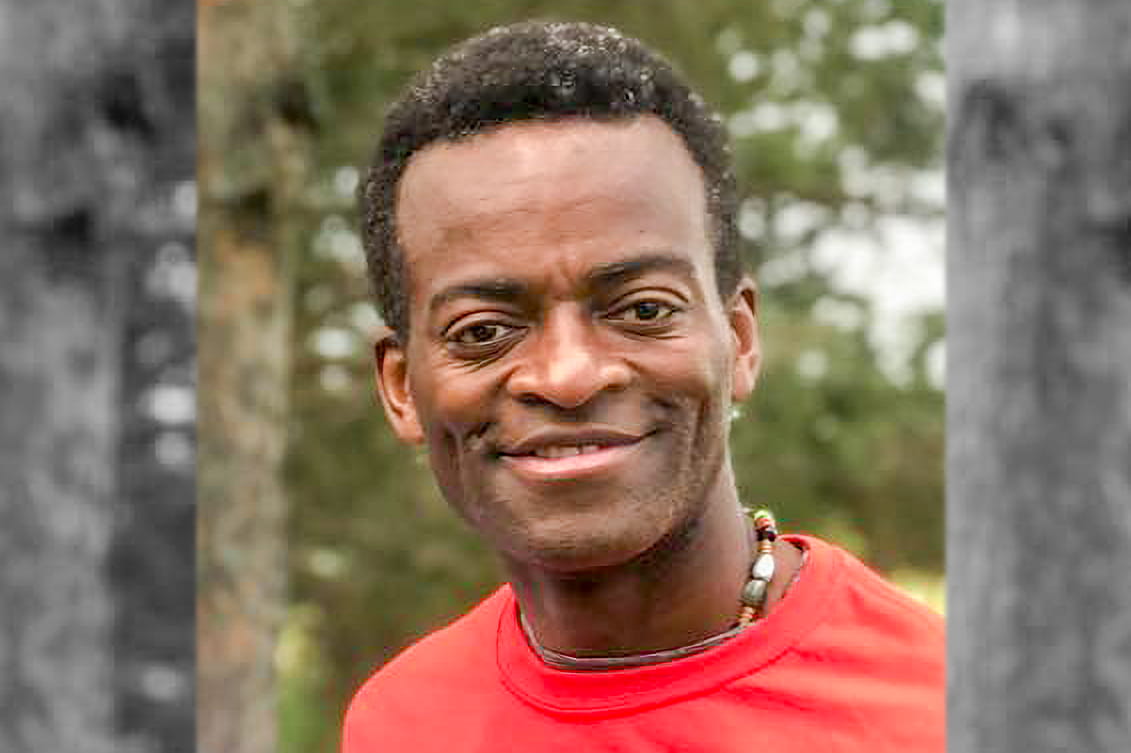Amnesty International calls on South Korea to end law criminalizing LGBTQ soldiers
Report on South Korean military reveals a hyper-masculine culture where LGBTQ soldiers are targeted for abuse

Amnesty International is calling for the overturn of a South Korea law that criminalizes consensual sex between men in the military, arguing that it has exacerbated violence, harassment, and discrimination against gay soldiers.
Article 92-6 of South Korea’s Military Criminal Act punishes sexual relations or “indecent acts” between men in the military, whether on or off duty, with up to two years in prison.
But an Amnesty International report, Serving in Silence: LGBTI People in South Korea’s Military, reveals a military culture where physical and sexual violence is rampant.
Amid this culture, soldiers who are suspected of being gay are bullied and harassed for everything from the way they walk, talk, or even if they have fairer skin, which is considered a feminine characteristic.
Soldiers who spoke to Amnesty International said they are forced to keep quiet about the abuse and discrimination they suffer for fear of being prosecuted under Article 92-6.
In one case, “U,” a former soldier who served about a decade ago, recalled how he suffered abuse after intervening on behalf of a soldier who was being sexually abused, beaten, and even forced to drink from the toilet bowl.
When he intervened and threatened to report the abuse, the man’s superior turned on “U,” beat him, and humiliated him by forcing him to have oral and anal sex with the original victim while the superior officer made taunting remarks, such as: “Don’t you want to have sex with a woman-like man?”
Rather than punishing the superior officer, “U” and the other victim were ostracize for having “perverted sex.” Meanwhile, the sexual abuse continued.
The two men, and two other men who faced a similar ordeal, eventually became desperate and tried to kill themselves by cutting themselves and banging their heads against a wall.
All four were sent to a psychiatric hospital, with the other three being dishonorably discharged. “U” remained in the military, but continued to be ostracized.
Eventually, the perpetrator was punished, but other senior officers faced no consequences for failing to protect the soldiers.
According to The New York Times, the South Korean government claims Article 92-6 is not meant to punish sexual orientation, but to deter male-on-male sexual abuse.
The country’s Constitutional Court has repeatedly ruled that 92-6 is justified by the military’s need to preserve discipline and “combat power.”
As such, the article is being used to prosecute more and more soldiers each year. In 2009, only two soldiers per year were charged under it, with the number of prosecutions steadily rising over time, to 28 in 2017.
At least 10 soldiers were charged during the first half of 2018, the most recent period for which data was available.
Because of South Korea’s unique situation — requiring a conscript army to protect itself from threats by bitter rival North Korea — all able-bodied South Korean men are required to serve in the army for two years.
As a result, the military becomes a hyper-masculine environment where harassment, bullying, and violence at the hands of superior officers, all in the name of preserving order, are the norm — even for soldiers who are not gay.

Of course, it’s much worse for those men who are seen as being effeminate, or those whose sexual orientation is known. As such, many attempt to keep their orientation a secret.
“John Kim,” a bisexual man who served in the military from 2013 to 2015, told Amnesty International that military doctors asked him questions like ‘Are you attracted to the same sex?’ during his physical exam.
“I just rolled my eyes,” Kim said. “The question was kind of expected though.”
Edhi Park, a trans woman who served in the military from 2007 to 2009, prior to her transition, claims she was ordered to lower her voice and walk more “masculine” during her training.
“A soldier joked around and said, ‘Let me insert this in you’ while showing me an umbrella,” Park says. “I don’t know why I had to be treated this way, with regular harassment. I am more than qualified and effectively completed my duty.”
In 2017, the army launched a crackdown in which senior officers confiscated officers’ cell phones without warrants and forced them to identify other soldiers with whom they’d had sex, according to the Military Human Rights Center.
This crackdown is detailed in the Amnesty International report with the story of “Yeo-Jun Kim.”

According to Kim, military investigators had investigated an ex-lover of his and confiscated that man’s phone prior to Kim’s interrogation.
The investigators forced him to video chat with his ex-lover using his phone to confirm that the two had previously had a relationship.
Ultimately, Kim confessed to having violated Article 92-6, but once he did, the investigators began asking him personal and offensive questions about what sex positions he used and where he ejaculated during sex.
They made him turn in his mobile phone and asked him to identify other LGBTQ people so they could carry out similar interrogations on anyone suspected of being gay.
“South Korea’s military must stop treating LGBTI people as the enemy. The criminalization of same-sex sexual activity is devastating for the lives of so many LGBTI soldiers and has repercussions in the broader society,” Roseann Rife, the East Asia Research Director at Amnesty International, said in a statement.
“This hostile environment fosters abuse and bullying of young men who stay silent out of fear of reprisals. It is long overdue for the military to acknowledge that a person’s sexual orientation is totally irrelevant to their ability to serve.”
Support Metro Weekly’s Journalism
These are challenging times for news organizations. And yet it’s crucial we stay active and provide vital resources and information to both our local readers and the world. So won’t you please take a moment and consider supporting Metro Weekly with a membership? For as little as $5 a month, you can help ensure Metro Weekly magazine and MetroWeekly.com remain free, viable resources as we provide the best, most diverse, culturally-resonant LGBTQ coverage in both the D.C. region and around the world. Memberships come with exclusive perks and discounts, your own personal digital delivery of each week’s magazine (and an archive), access to our Member's Lounge when it launches this fall, and exclusive members-only items like Metro Weekly Membership Mugs and Tote Bags! Check out all our membership levels here and please join us today!


























